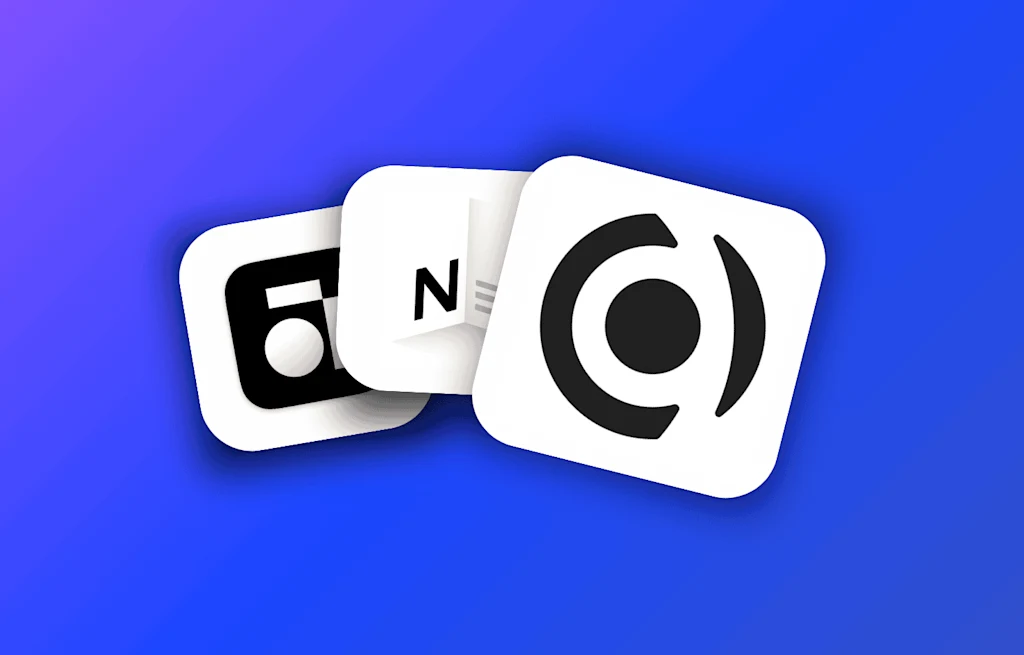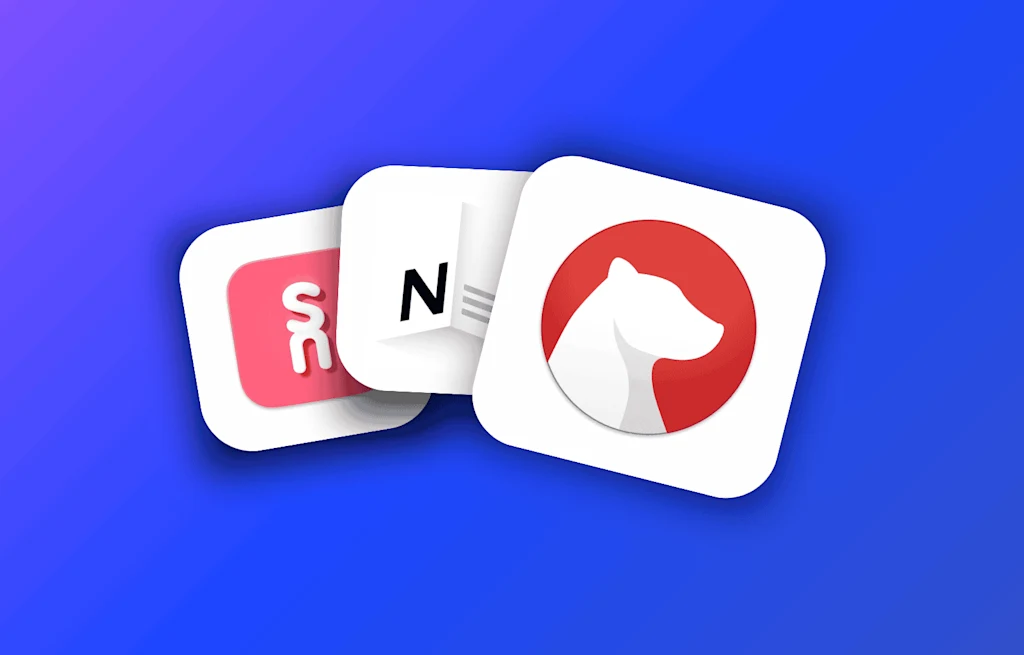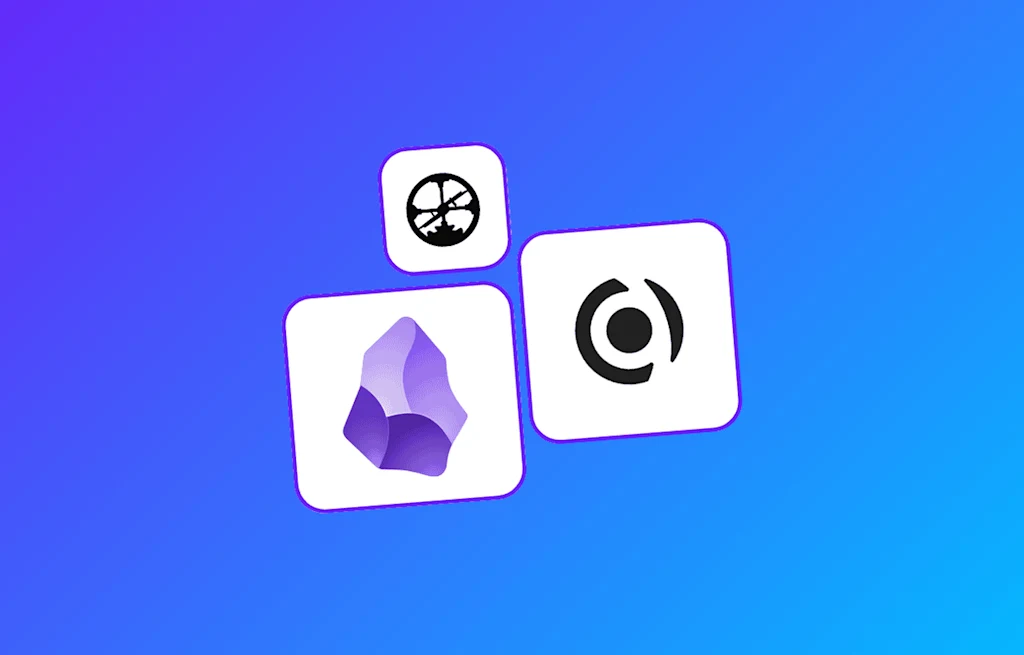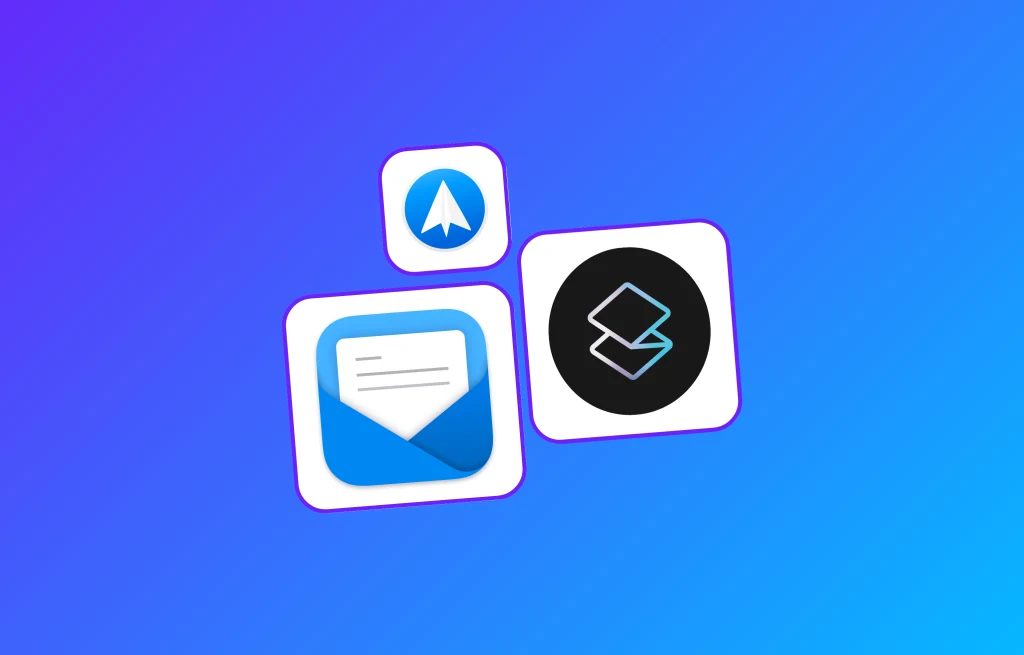The Future of Notion: What's Next?
Notion Future
18th Aug, 2024

With the launch of Notion Calendar, comes a new "multi-product" world for Notion. Does this fix their vision ahead as we step into a world of AI. Here's why and here's our opinion.
Last week, I wrote an opinion piece on Notion and its future direction following the announcement of Notion Calendar.
This development is a significant step towards a multi-product experience, which I believe will enhance Notion's overall functionality. This approach aims to provide a more organized and structured experience, akin to what users expect from suites like Google Workspace and Microsoft products.
Interestingly, as streaming services like Netflix evolve to resemble traditional cable TV, I foresee a similar trend with Notion. Users are likely to seek a return to a more structured platform that effectively manages documents, notes, ideas, thoughts, and projects, especially as artificial intelligence and project management tools advance.
1. Why Notion AI isn't Ready
From a security perspective, Notion is fine, but from an AI structure perspective I don't think they are structured to support the true function AI will bring in the future.
Hear me out.
AI systems have gotten very smart in the last 12 months, but understanding context is something they struggle with. For a note-taking app like Evernote, everything is fairly regular. The AI would know, everything coming out of this is a note. The same maybe with a calendar app, largely, an event is an event, could be a meeting, or could be a personal event. The context is clear. With Notion databases, things get messy.
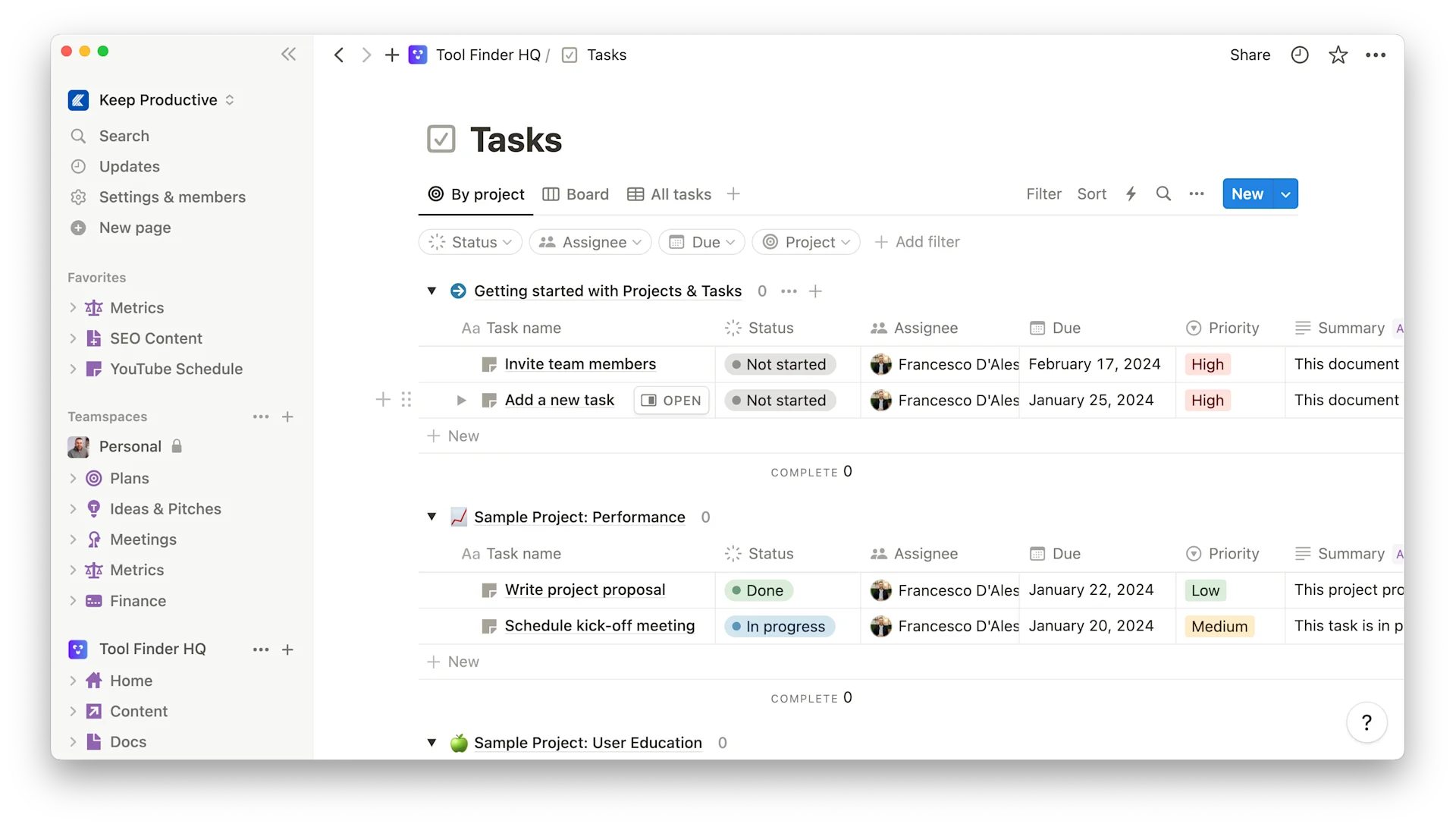
Judging what is within a Notion database is entirely user produced. Even with the vast array of templates, Notion's building blocks approach is governed by what the user puts into the columns, the items and the records that databases add to.
Even with the AI column ability, there's no real static determination of what is in that field for a system to really understand what to do with that.
Structure is lost.
2. RIP Databases: Why Notion Should Kill Them
With this nature of structure being lost and the reliance of the Notion template stores, Notion really should consider killing the open-plan nature of databases and start again.
Capacities, a note-taking app, has a concept called Objects - everything is named before you begin and has a series of properties associated with it. Then the object studio which is part of the same experience allows you to modify that and builds a community network understanding the core principles of what everything is.
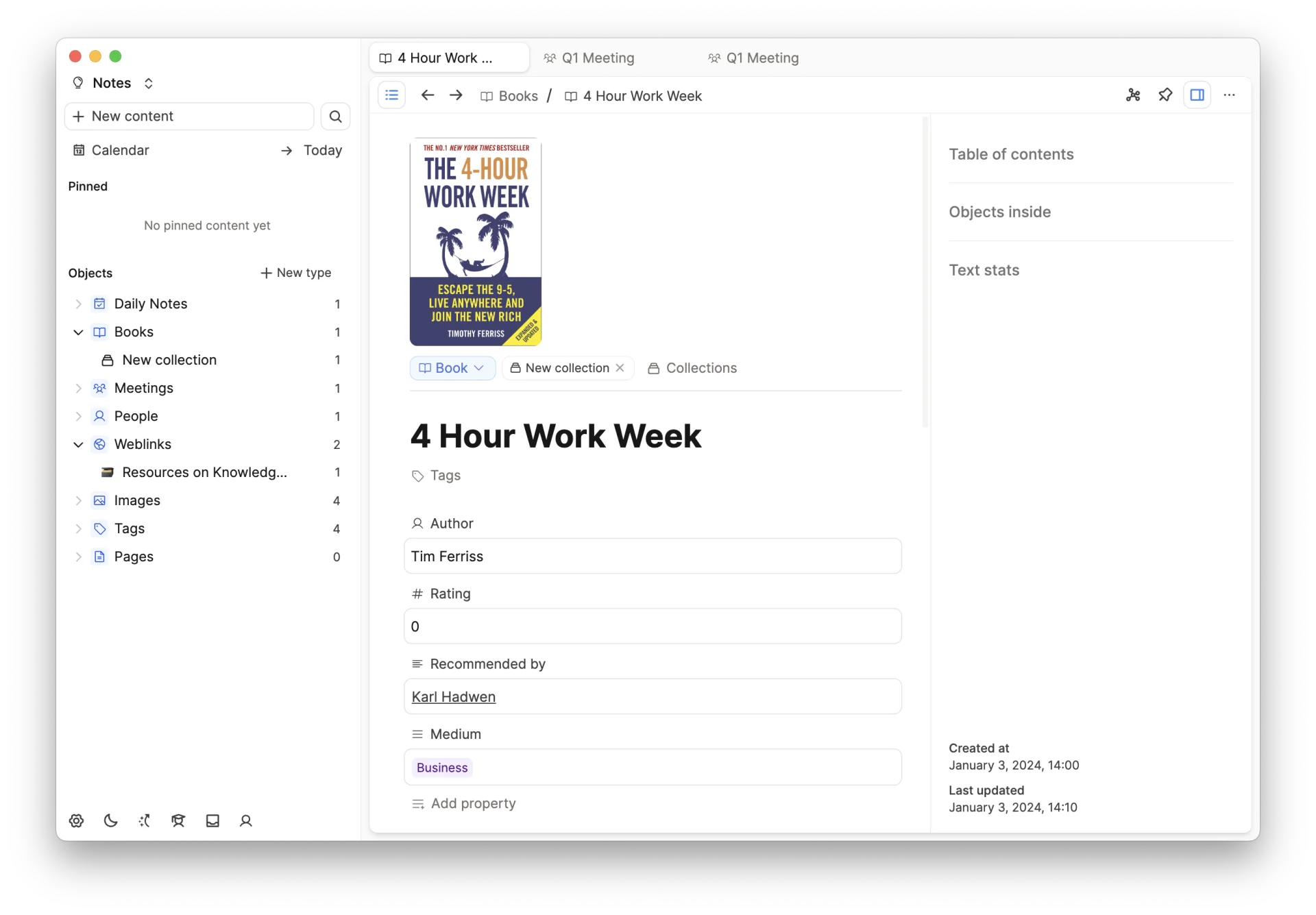
You can do a lot with that once AI knows what the reasoning is behind said object or tool.
If Notion killed the concept of databases and went to a model like this it would allow them to truly structure for AI - it would allow them to outgrow themselves. This does mean that the community of Notion would have to abandon the template concept and leave it behind.
Notion need to take back control of their databases concept and formalise it for people with customization as a secondary experience.
3. The Next Notion Products: Chat & Whiteboards
Recently Akshay Kothari said "One small step towards a multi-product world."
After the Notion Calendar announcement this makes total sense.
Building apps that do core, focused things will help them realize that the core to Notion is too complicated and that the focus needs to be on Notion being a project management and team knowledge aspect of Notion, with side apps to do external elements.
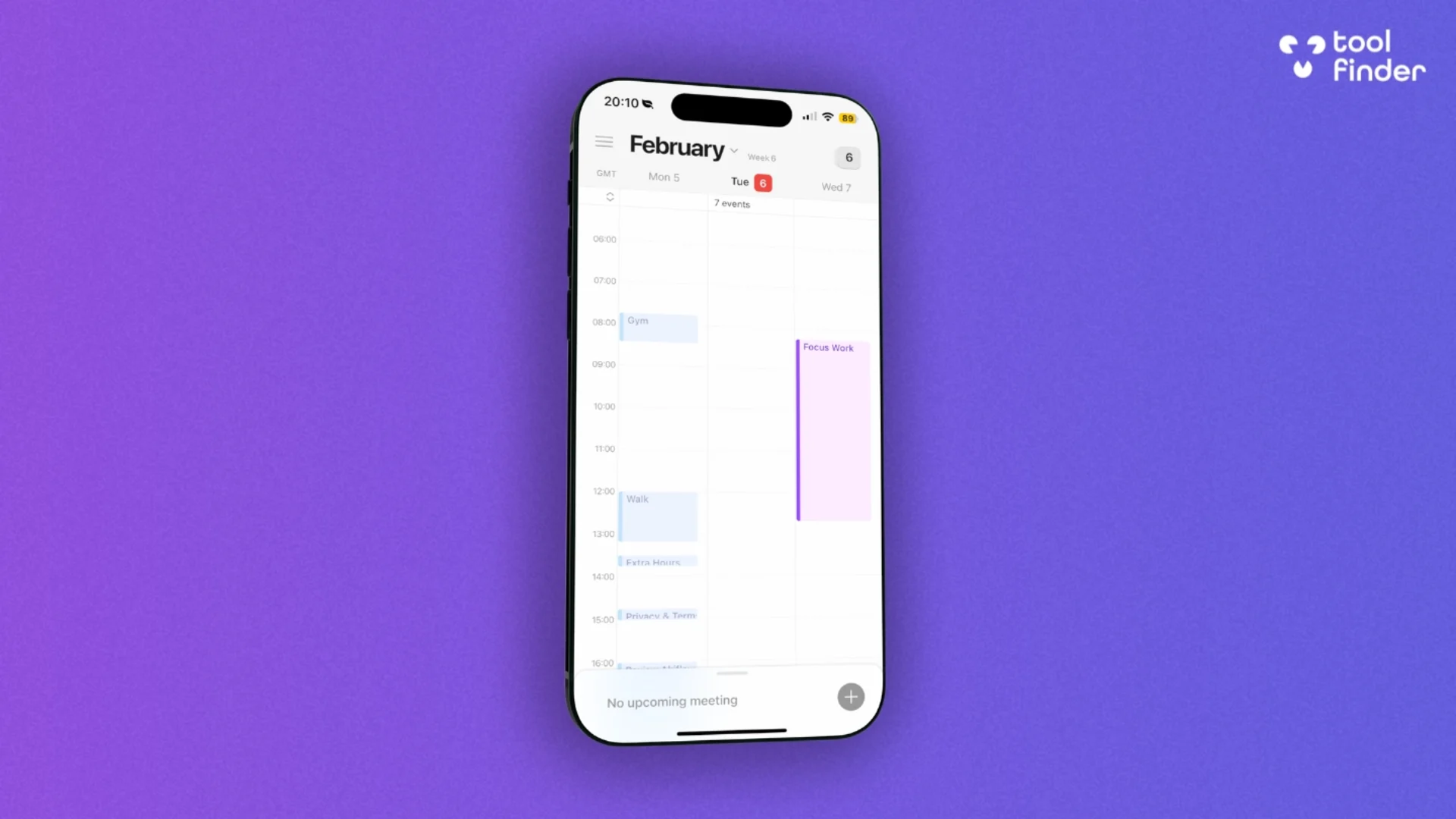
The shift towards managing experiences through multiple applications is noteworthy. With the acquisition of Cron and the rebranding of Reproductive as Notion Calendar, as well as the purchase of Skiff, Notion is clearly investing in a diverse range of products.
Skiff, known for its design and security emphasis, was particularly attractive to Notion, likely because of its multi-product offerings and security features. This acquisition could significantly enhance Notion's workspace accessibility and security focus.
A potential future development could be the introduction of a chat or mail application within Notion, serving as a competitor to Slack and email platforms.
This would facilitate both internal and external communication, potentially integrating with other services like Gmail or Outlook, or offering a unique Notion email service. Such a feature could attract more users to Notion, leveraging it as a gateway to the broader Notion ecosystem.
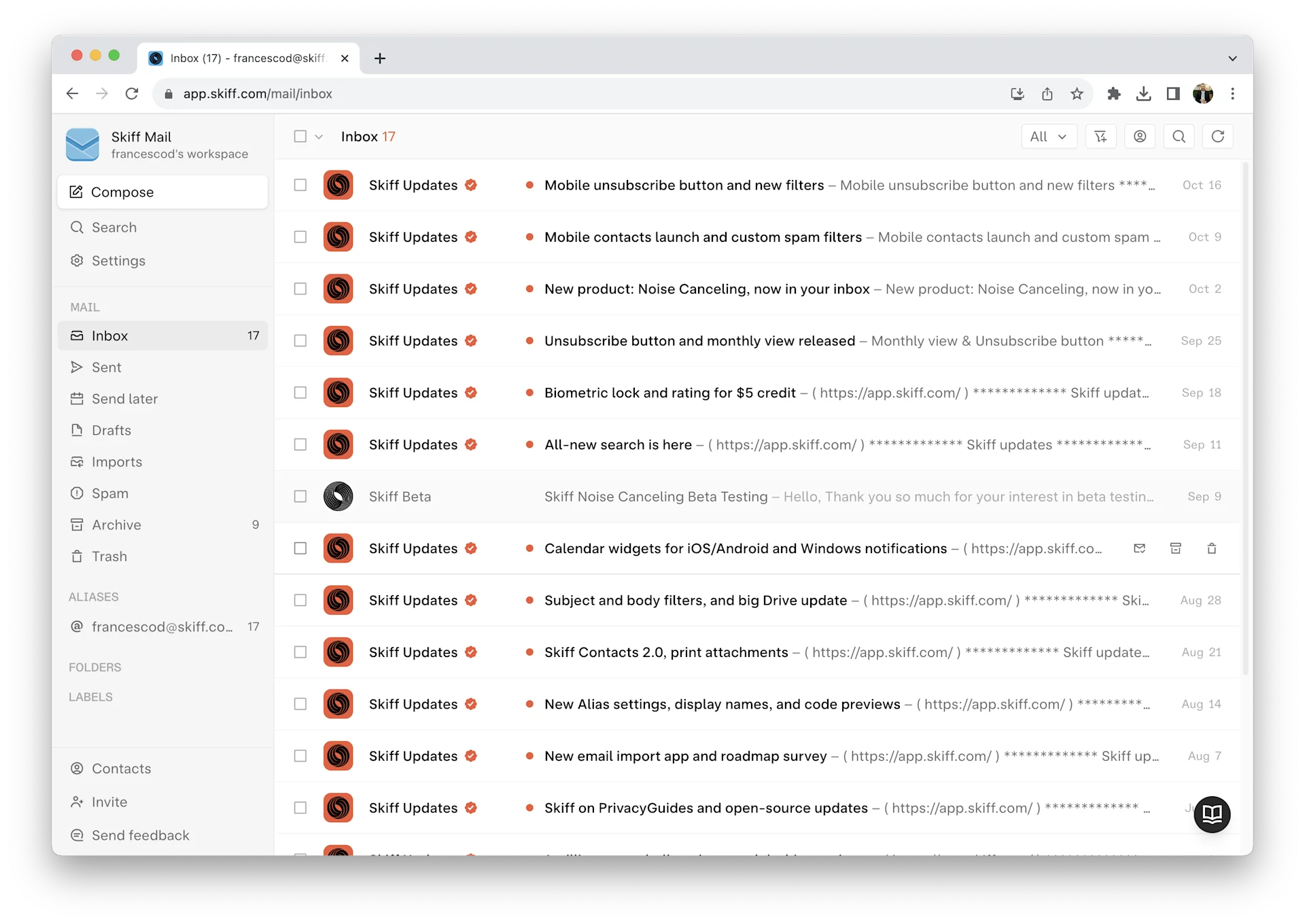
Since Notion's early days, I've always been a supporter.
Even now, their combination of design and thinking impresses me as they traverse new realms of productivity and team productivity management. But in 2021, Notion worried me. As the talk of AI and machine learning rumbled, it suddenly dawned on me, that Notion could be the most vulnerable of any of the productivity apps on the market.
Envisioning this in mind, the next products I expect Notion to launch will be:
- Notion Chat - a Slack competitor that not only allows you to communicate internally, but as an email client to communicate with the world outside.
- Notion Whiteboards - extend your Notion pages into whiteboards much like you see in services like AFFiNE Pro, more recently launched.
Another area for improvement is the ability to transform a Notion workspace into a collaborative whiteboard experience. This would allow for visual management and collaboration, potentially through the integration of applications similar to AFFiNE Pro.
Such enhancements would position Notion strongly by 2025, as it expands its application network and continues to innovate within the productivity tool space.
This structured approach to managing your work will allow for them to re-think the core model of Notion and use the new multi-product line-up to drive the AI vision forward.
Both of these apps will give more stability to the framework of Notion.
Why do I believe Notion should do this?
AI will do 40-50% of all administration in 5 years time. (prediction).
With this in mind, the concept of you organizing your productivity apps and doing those smaller items of work will make no sense (only for mindfulness).
AI agents - small AI bots - will begin to do smaller errands for you and in a world where Notion is structured like it is, Notion will be a mess and apps that are structured will win.
Explore More Productivity Apps & Software
From trending reads, trending tools and beyond
Choose from hundreds of productivity tools
View AllWeekly Roundup: Explore People's Productivity Tools
Become a reader to our newsletter exploring what productivity apps people use on a daily basis to get things done

